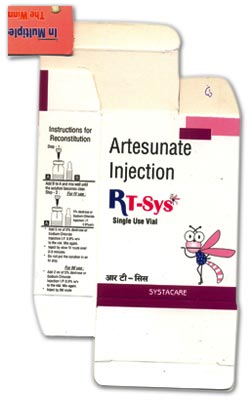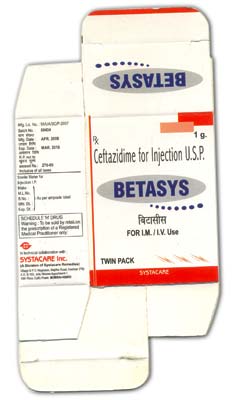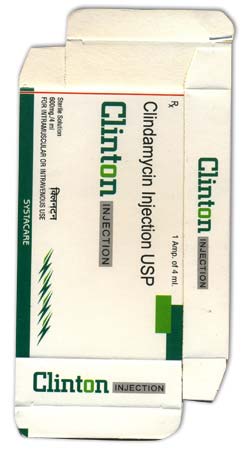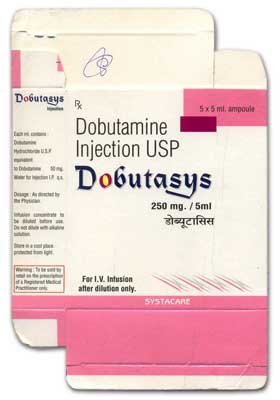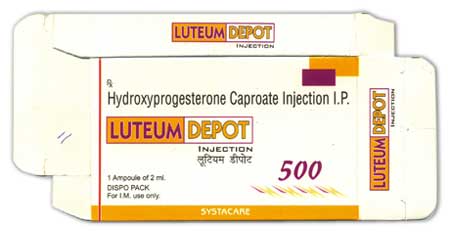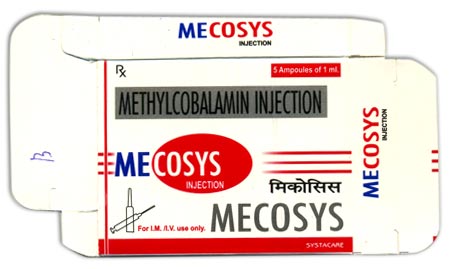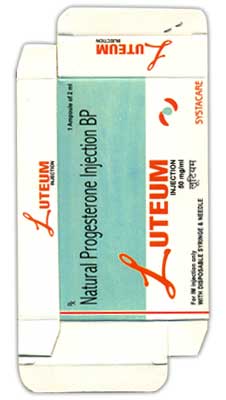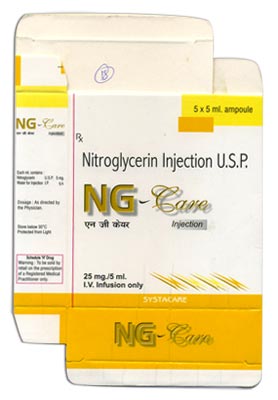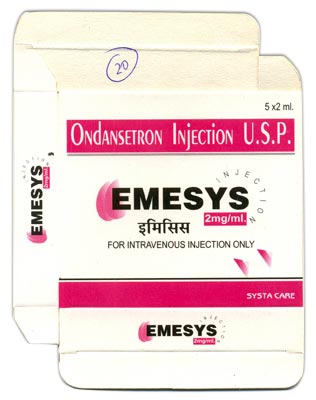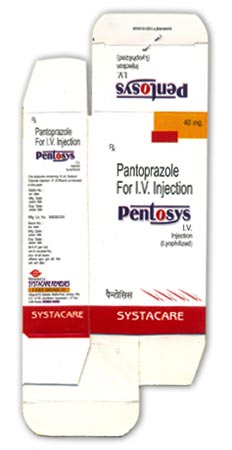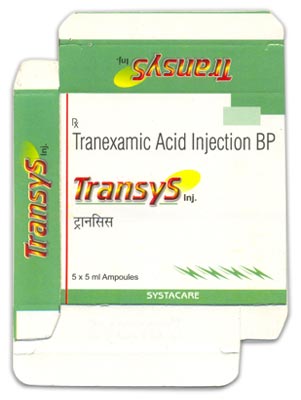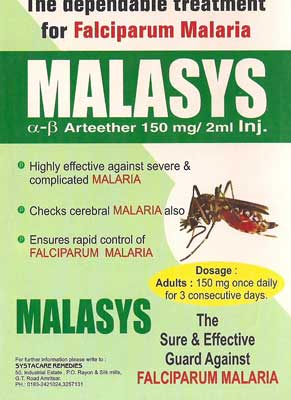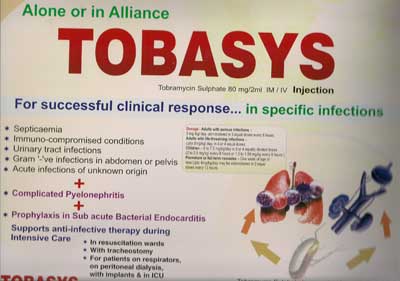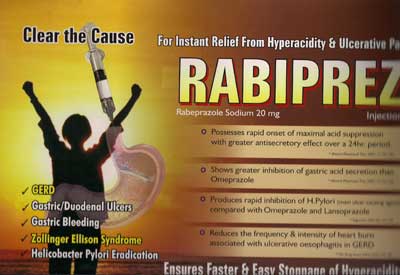Dopamine Hydrochloride Injection
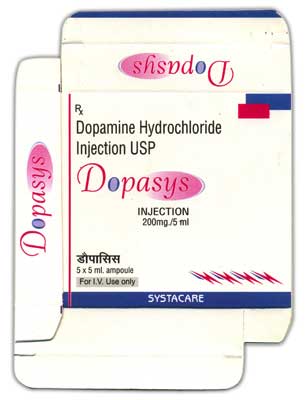
Dopamine Hydrochloride Injection
DOPASYS
Dopasys, an antishock Drug for heart, contains Dopamine Hydrochloride 40mg/ml and is available in the market
in a 5ml Amber ampoule containing Dopamine, Hydrochloride 200mg/5ml.
Clinical Information
Indicated for treatment of hypotension, Dopasys is used in the treatment of shock in congestive heart failure and cardiac insufficiency. Dopasys promotes the dilation of renal and mesenteric blood vessels and increases cardiac output with less effect on heart-rate when compared to isoprenaline. Dopasys is a neurotransmitter in the brain.
Mode of Action
At lower doses,Dopasys produces renal and mesenteric vasodilation while at higher doses, Dopasys stimulates both dopaminergic and adrenergic receptors producing cardiac stimulation and renal vasodilation. Dopasys increases heart rate and force of contraction. At low Infusion rates, vasodilation occurs in renal, mesenteric, coronary and cerebral beds. At higher rates, vascoconstriction occurs in skeletal muscles and also results in rise in Blood Pressure.
Dosage & Mode of Administration
Dopasys is administered as a dilute solution in Dextrose Injection, Sodium Chloride Injection or Sodium Lactate Injection by intravenous infusion. The initial rate is 1 to 2 Micro grams per Kg per bodyweight per minute which can be gradually increased to 1 to 10 Micro grams per Kg body weight per minute according to patient\\\'s body weight, cardiac output and urine output. The dose should be increased by 1 to 4 Micro gram per Kg body weight per minute every 15 to 30 mins. Upto 20 to 50 Micro grams per Kg Body weight per minute may be given in seriously ill
patients.
Absorption and Fate
Dopamine in Dopasys is inactive when given by mouth. After
intravenous infusion, it is rapidly metabolized to noradrenaline and it\\\'s effect lasts only for few minutes. Dopamine does not cross blood-brain barrier.
Contraindications Precautions & Drug Interactions
Dopasys should not be given to patients with uncorrected
tachyarrhythmia or ventricular fibrillation. Dopasys should be given with extreme caution to patients anaesthetised with cyclopropane, halothane or other halogenated anaesthetics. If given to patients taking monoamine oxidase inhibitors, the initial dose should be reduced to one tenth the normal dose.
Side Effect
Side Effects of Dopamine administration include Nausea, Vomiting, tachycardia, palpitation, ectopic beats, anginal pains, headache and a suppression of pituitary secretion of thyroid stimulating hormone, growth hormone and prolactin.
U.S.P.
replacement of fluid loss.
Send Enquiry


